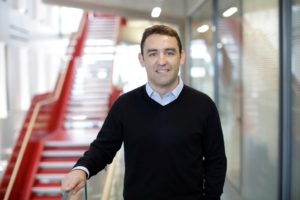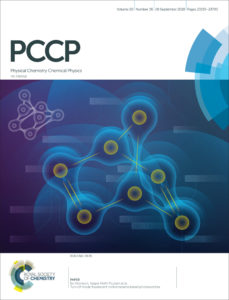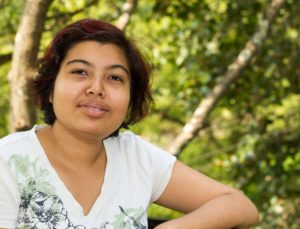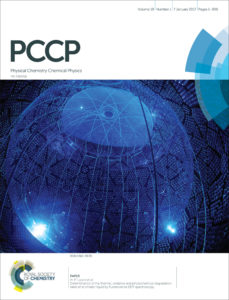We would like to highlight the Outstanding Reviewers for Physical Chemistry Chemical Physics (PCCP) in 2018, as selected by the editorial team, for their significant contribution to the journal. The reviewers have been chosen based on the number, timeliness and quality of the reports completed over the last 12 months.
We would like to say a big thank you to those individuals listed here as well as to all of the reviewers that have supported the journal. Each Outstanding Reviewer will receive a certificate to give recognition for their significant contribution.
Dr Attila Bende, National Institute for R&D of Isotopic and Molecular Technologies, ORCID: 0000-0002-5347-1514
Dr Leonardo Bernasconi, University of Pittsburgh, ORCID: 0000-0002-9460-7975
Professor Francesc Illas Riera, Institute of Theoretical and Computational Chemistry (IQTCUB), ORCID: 0000-0003-2104-6123
Dr Vladan Mlinar, School of Engineering, Brown University, ORCID: 0000-0003-0078-3693
Dr Isao Ohkubo, National Institute for Material Science (NIMS), ORCID: 0000-0002-4187-0112
Dr Aurelien Perera, LPTMC Sorbonne University, ORCID: 0000-0001-9119-6659
Dr Antonio Rizzo, Istituto per I Processi Chimico Fisici (IPCF), CNR
Professor Dennis Salahub, University of Calgary, ORCID: 0000-0002-9848-3762
Dr Ian Shuttleworth, Nottingham Trent University, ORCID: 0000-0001-8655-9718
Dr Héctor Vázquez, Institute of Physics, Academy of Sciences of the Czech Republic, ORCID: 0000-0002-3865-9922
We would also like to thank the PCCP board and the physical chemistry, chemical physics and biophysical chemistry community for their continued support of the journal, as authors, reviewers and readers.
If you would like to become a reviewer for our journal, just email us with details of your research interests and an up-to-date CV or résumé. You can find more details in our author and reviewer resource centre











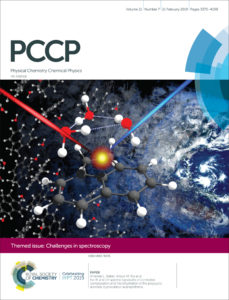

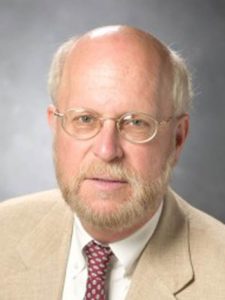 Paper
Paper 